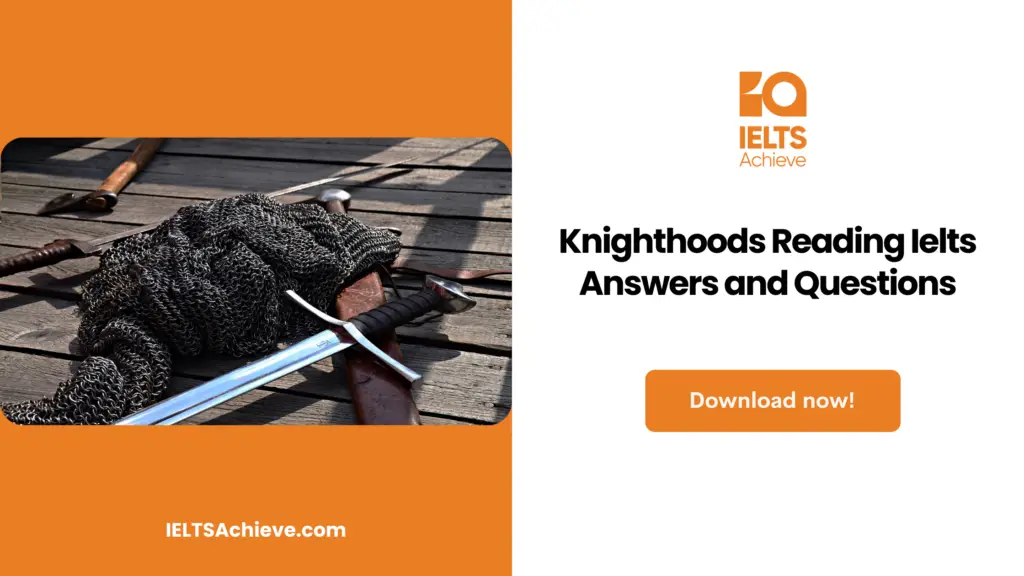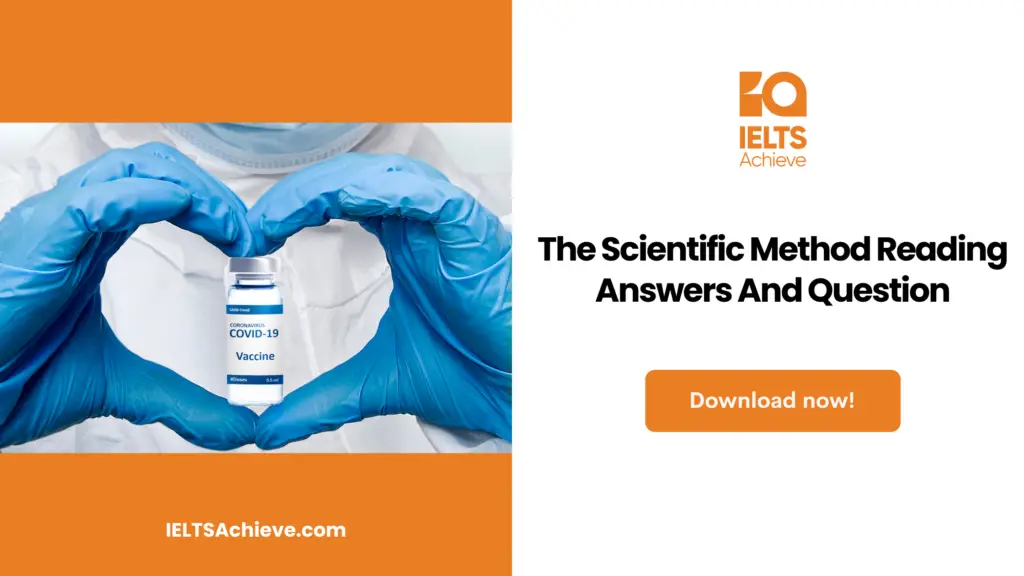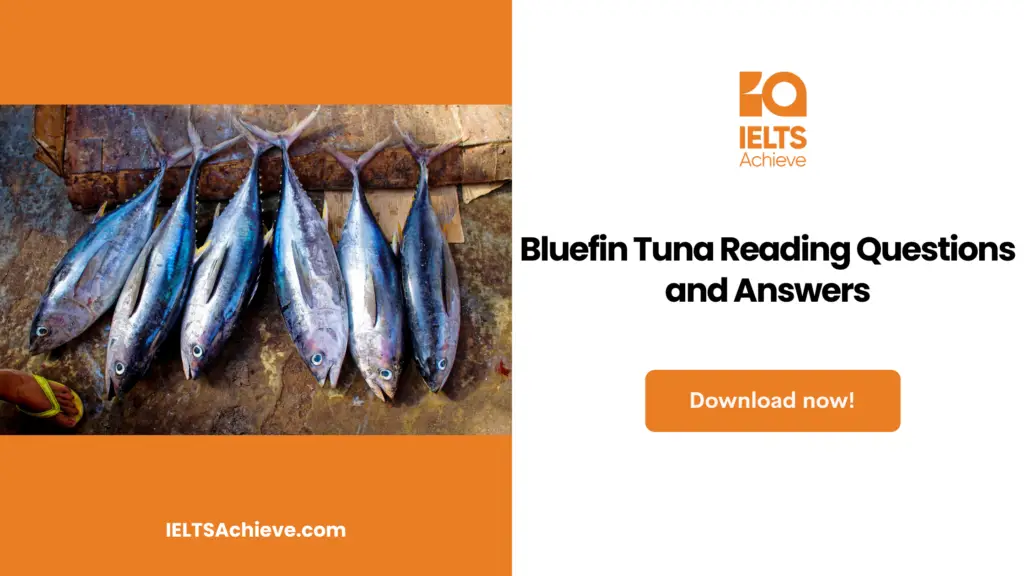The Blog post contains the following IELTS Reading Questions:
- IELTS reading true false not given
- IELTS reading summary completion
- IELTS reading multiple choice questions
Stay informed and prepared for success – Explore our comprehensive Reading Test Info page to get valuable insights, exam format details, and expert tips for mastering the IELTS Reading section.
IELTS Reading Passage: Knighthoods

Knighthoods
One that goes back to the beginning of time A knighthood is one of the oldest and highest honors a British citizen can receive. Originally given only to those who excelled in battle, the award is now given for any and all contributions to national life. Musical artists and performers have received some of the most illustrious knighthoods in recent history, including Sir Elton John and Sir Paul McCartney. However, those from the business world, academia, and other sectors are not left out. Honorary knighthoods are available to citizens of non-S Commonwealth 1 countries, but recipients are not entitled to use the titles “Sir” or “Dame” in their formal address.
Popularly associated with the United Kingdom, the history of knighthoods actually begins in ancient Rome. During the Middle Ages, the custom spread to other European countries, where it took on local flavor. From a young age, an aspiring knight was expected to train rigorously in the military. This included serving as an esquire, or apprentice, to an established knight and taking part in actual battles.
There was a need for him to learn how to prepare his knight for battle and assist him in donning the bulky and heavy armor of the time. He was in charge of maintaining this armor and making sure it was clean and shiny. Chivalrous qualities such as bravery, bravery in battle, bravery in the face of danger, and selflessness were also required. Finally, the would-be knight needed to be able to afford his own horses, weapons, and armor, as well as to be willing to serve the reigning monarch for a set amount of time each year.
The procedure is different now than it was back then. A nominations system is used instead of traditional military education or political patronage. This allows any organization, whether academic or professional or even an individual citizen, to propose a candidate for a knighthood. After this, a panel of advisors makes the final decision on who will become the next crop of knights and dames on behalf of the sovereign. Before making any public announcements, we make sure the honorees have had a chance to accept the recognition by privately contacting them.
Forfeiture is the process by which a knighthood is revoked in extremely exceptional circumstances. Most commonly, this occurs after the recipient is found guilty of a crime. After being accused of various crimes, including taking bribes totaling $700,000 from bookmakers and casinos and forging the signature of an Australian politician on a police document, Terry Lewis, a police officer in Queensland, Australia, had his knighthood revoked in 1981. Lewis has maintained his innocence and claimed he is a victim of false accusations, but his appeals have been denied on numerous occasions. Anthony Blunt, a British art historian, and an intelligence officer was stripped of his knighthood after it was revealed that he had been acting as a double agent and passing sensitive information to the Soviet Union.
There have been cases where knighthoods were stripped away due to incompetence rather than outright crime or treachery. Chief Executive Officer Fred Goodwin was knighted in 2004 for his “services to banking,” but just four years later, the Royal Bank of Scotland lost 24 billion pounds under his watch as CEO. Goodwin had his knighthood revoked after an advisory panel to the Queen deemed him “the chief decision-maker at the time,” though he was allowed to keep the 16 million pound pension to which he was entitled. These scandals have stoked heated discussions about the purpose and utility of knighthoods in modern society.
Unlock your full potential in the IELTS Reading section – Visit our IELTS Reading Practice Question Answer page now!
Recommended Questions:
Renewable Energy IELTS Reading Question with Answer
IELTS Reading Questions: Knighthoods
Questions 1-6
Do the following statements agree with the information given in Reading Passage? In boxes 1–6 on your answer sheet, write
TRUE if the statement agrees with the information
FALSE if the statement contradicts the information
NOT GIVEN if there is no information on this
- The esquires who served with their master knights were often related to those masters.
- Britain is the birthplace of modern knighthood.
- For an esquire to have his own set of tools, he needed cash.
- Today’s modern knights typically work in the creative fields.
- In its early days, a knight’s title could only be earned through military service.
- No knighthood may be bestowed upon a person who is not a citizen of the Commonwealth.
Enhance your skills in identifying information as True, False, or Not Given. Click here to discover expert strategies and techniques for mastering this question type in the IELTS Reading section.
Questions 7-10
Complete the summary below.
Choose NO MORE THAN THREE WORDS from the passage for each answer. Write your answers in boxes 7–10 on your answer sheet.
The steps required to become a knight have evolved over the centuries. Training to become a knight in the Middle Ages typically began at 7.________________. As part of their service, they had to demonstrate their bravery and capabilities and were required to work for 8._____________ during certain months of the year. Potential knights are chosen in the modern era by 9._____________. The final choice is decided by 10.______________.
Boost your performance in Summary, Notes, Table, and Flowchart Completion tasks. Click here to explore our detailed guide and learn how to effectively complete summaries, notes, tables, and flowcharts in the IELTS Reading section.
Questions 11-13
Choose THREE letters, A–F. Write the correct letters in boxes 11–13 on your answer sheet.
Which THREE of the following are reasons given in the text for people losing their knighthoods?
- The company’s management is terrible.
- Disclosing sensitive information to a foreign authority.
- Imposing a sentence on someone for an offense they did not commit.
- Wagering on sports events, baccarat, or poker.
- Taking retirement benefits without being entitled to them.
- To sign one’s own name in another person’s place on a significant document.
Question 11: ____
Question 12: ____
Question 13: ____
Ready to improve your performance in Multiple Choice Questions (MCQs)? Click here to access our comprehensive guide on how to tackle MCQs effectively in the IELTS Reading section.
Unlock your full potential in the IELTS Reading section – Visit our IELTS Reading Practice Question Answer page now!
Recommended Questions:
Renewable Energy IELTS Reading Question with Answer
Knighthoods reading answers
1. Not given
2. False
3. True
4. Not given
5. True
6. False
7. a young age
8. the reigning monarch
9. a nominations system
10. panel of advisors
11. F
12. A
13. B

We hope you found this post useful in helping you to study for the IELTS Test. If you have any questions please let us know in the comments below or on the Facebook page.
The best way to keep up to date with posts like this is to like us on Facebook, then follow us on Instagram and Pinterest. If you need help preparing for the IELTS Test, join the IELTS Achieve Academy and see how we can assist you to achieve your desired band score. We offer an essay correction service, mock exams and online courses.

